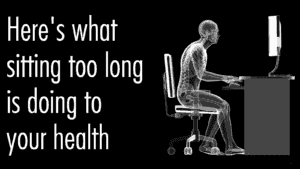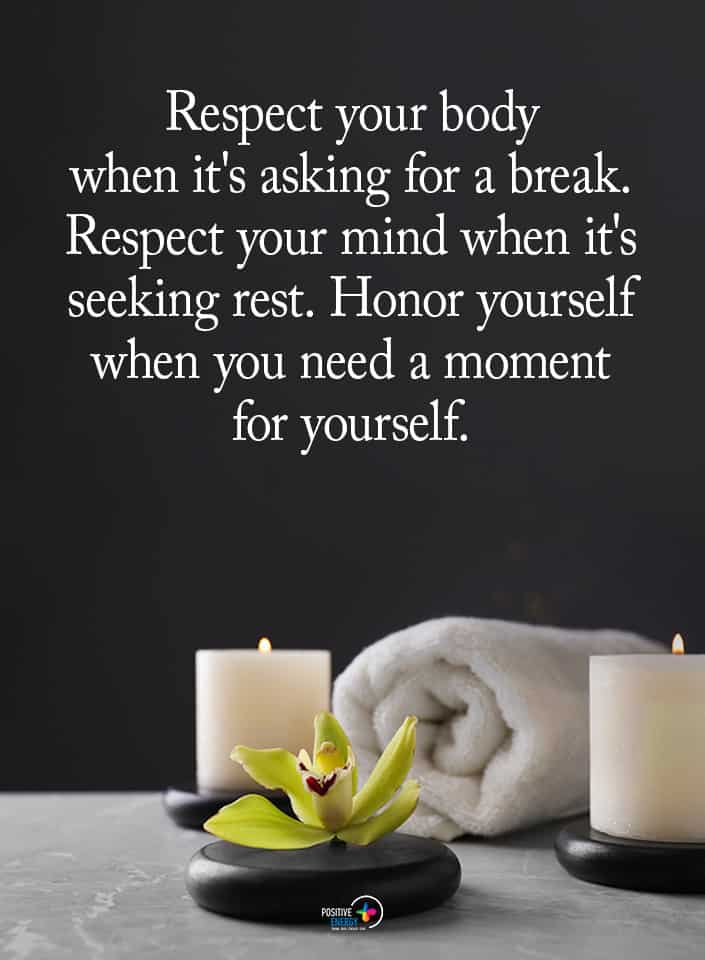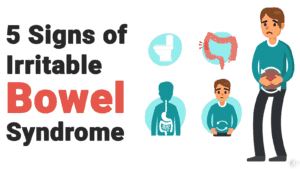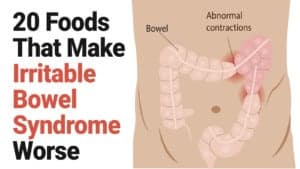Do you want to be happy? Most people do! But what are you to do when that happiness eludes you? If that’s the case, it’s time to take a close look at your life and how you conduct it.
Often, we put ourselves in damaging situations without realizing the harm that they cause. Being aware of these patterns can stop them in their tracks. Here are 15 situations you should never say yes to if you want to be happy.
Don’t Do These 15 Things If You Want to Be Happy
1 – Feel Lonely When You’re Alone
While there are things best done by your lonesome, it’s hard to get some positive thinking going when you allow yourself to actually feel lonely while you’re alone. Here are some things that bring happiness if you may be alone or away from friends
- Playing online multiplayer games, solitaire, etc.
- Reflect on your place in life, where you want to be and what it takes to get there.
- Watching movies where booing the characters is encouraged.
2 – Comparisons
The human want and need to compare ourselves with others is something as old as time itself, although there is nothing positive to be gained from it. There is no point in chasing after a life we don’t have, all the while ignoring what we do have. Consider instead doing the following things when you feel jealousy:
- Turn off social media for the day.
- Control your content feed. Don’t fill it with things that will cause you jealousy.
- Indulge in the things that make you happy, with no regard for how “good” or “productive” it is.
3 – Exes Calling You Back Cannot Make You Happy
The relationship had ended for a good reason. Leave it there for the sake of your mental health, and move on towards more positive things instead:
- Do some self-introspection. What lessons about yourself did that relationship teach you? What else can you do better next time?
- Hang out with your friends. Have them support you in this emotionally distressing time, and let them distract you.
- Acknowledge the bad, but also celebrate the good that came from it. Positive thinking doesn’t have to be one done through rose-tinted glasses – it’s essential to recognize and appreciate both the good and the bad in any relationship.
4 – Working For Jobs You Dislike
The term ‘burnout’ exists for a reason – if we don’t get that much-needed rest, it starts having dire consequences on our emotional, mental, and physical health.
Medically, this should come as no surprise – just the single, independent factor of working overtime increases the risk of coronary heart disease. So – just what should you do for the sake of your health?
- Consider leaving your job, or switching to a different position within the company if that isn’t possible.
- Take a look at The Happiness Advantage by Shawn Achor – the principles in it are an excellent place to start.
- Identify what the individual elements about your job that is contributing to your stress are. Perhaps you can deal with them on a case-by-case basis to make it manageable.
5 – Sitting For Too Long
Since physical health is related to mental and emotional health, this might be something you’d want to look into. Studies have shown that sitting down for too long can negatively affect your cardiovascular health – no matter how much exercise you do.
So instead of lounging on a sofa or hunching over your keyboard, why not consider the following?
- Invest in a standing desk. A motor-controlled one can raise and lower the height, depending on whether you need to stand or sit for something.
- Watch your favorite shows while walking on a treadmill. Better health and good entertainment equal a positive net bonus!
6 – Drama and Gossip Inhibit Happy Feelings
There’s no point in being nosy about someone else’s circumstances and behavior – especially if it has nothing to do with you. Instead, it’s best to just focus on your own lives, and what is immediately relevant to you. Here are some reasons why:
- Improving your personal experience is something that should take up all of your focus.
- Engaging in drama and gossip about someone else’s lives only serves to add more stress and distraction.
- Do unto others what you would want others to do unto you. If you would hate to be on the receiving end of that kind of unwanted attention, then why would you inflict it on others?
7 – Worrying Too Much
Just what has worry ever brought us aside from fear and anxiety? While some may argue positive thinking in these times is naive and simple-minded, the fact is that nothing good can be gained from worrying. So – what can you do instead?
- Enjoy every moment as it comes into your life.
- Be productive, make something tangible with your hands as some kind of progress.
- Narrow your focus towards things you can directly handle and have control over.
8 – Being Asked To Do More Than You Can Handle
Being overwhelmed is perfectly normal in life – especially when you’re trying to learn something for the first time. But if you find yourself being overwhelmed most of the time, that may be an issue. Just why is this happening?
- You’ve taken on too many tasks. Know your limits are and have realistic ideas on what you’re capable of.
- You don’t know how to prioritize. Master this skill quickly, and life will become a little easier.
- You’re too stressed. Try to deal with the individual elements causing that stress one step at a time.
 9 – Idleness
9 – Idleness
It’s so easy to try squeezing in one more episode of your favorite Netflix show before getting started on work or hitting that snooze alarm for another five more minutes. This all inevitably ends up in stress and frustration when we realize too late that we’re now out of time.
- Chip away at it. If you can’t get started properly, just pen down some notes first.
- Happy people do not procrastinate. Start when you should.
- Talk to someone about it. Sometimes you just need someone to organize it for you.
10 – Settling
At some point, it can be incredibly easy to just settle for “good enough.” This can apply to just about anything – career, friendships, and relationships. It’s one thing to be comfortable, but it’s another to settle for complacency and bare minimum. If you find yourself getting bored, consider the following points:
- Sign the both of you up for some sort of adventurous trip, or a simple pottery class.
- Talk to your friend. Maybe there’s something between you both that’s been making it hard for you both to bond closer.
- Aim for a better job or career – there’s no point in staying in a poor job.
11 – Hurrying
It’s tempting to rush forward and to prove to yourself that you’re capable of keeping up with the pack. This, however, is detrimental to your happiness. Here are a few ways to steal back a few more precious minutes:
- Prioritize things that are important first.
- Manage your time efficiently.
- Don’t pressure yourself – you don’t need to rush.
- Understand that you can’t do everything you want in one go, and that’s okay.
12 – Staying Indoors All Day
Studies have proven just how positive getting natural sunlight is to us. Not enough of it affects our ability to absorb vitamin D, and it has a direct effect on our mental health. This is such a big issue that Seasonal Affective Disorder (SAD) is a well-documented phenomenon in countries that experience dark, gloomy winters.
Want to get better, but don’t know where to begin? Here are some things you can do to get started:
- Go for some wilderness excursions. Nature has been scientifically proven to lift one’s mood!
- Spend some time in the sun whenever you can.
- Arrange for simple events outdoors, like a picnic in the park or a trip to the beach.
- Do some gardening!
13 – Spending Time With Toxic People
It only makes sense that surrounding ourselves with toxic, negative people will only serve to worsen our moods and mental states. Just how can you improve yourself and find a better life’s purpose if you’re continually being sabotaged at every corner?
The best way to be happy is to avoid such a scenario. Here are some tips:
- Avoid people who belittle you. It’s hard to keep a positive outlook when they’re always talking down your goals and dreams.
- Look out for people who bring joy and happiness into your life and drop anyone who doesn’t.
- Cut out people who don’t know the difference between crushing you and giving you constructive criticism.
14 – Blame
Nobody likes to be in the wrong. It’s a horrible feeling and one that we naturally try to avoid. This often means that our first reaction to trouble is to blame someone else, so we don’t have to deal with the consequences.
In reality, this actually can make things worse. Yes, it’s unpleasant, but there are benefits to be gained from taking responsibility for your actions:
- Taking responsibility also means taking control of the situation and yourself.
- You create an opportunity for you to learn from the problem.
- You forge your sense of self and your capabilities through the process of resolving the issue.
- You’ll learn to develop a sense of courage, and as you overcome the problem.
15 – Everything, All The Time
Many of us have been raised with this mindset that unless there is something that makes fulfilling the request impossible, we should always say ‘yes’ to it. In our minds, to refuse would be to hurt somehow or disappoint them.
In reality, learning how to say no is an important skill. Here are some reasons why:
- You establish healthy emotional boundaries. This isn’t just good for you – it’s also great for others, as they know where your clear boundaries lie.
- You give yourself time to do things you want to do. You don’t need an excuse to reserve your limited time and energy for things and people that are important to you.
- You’ll learn how to stand up for yourself.
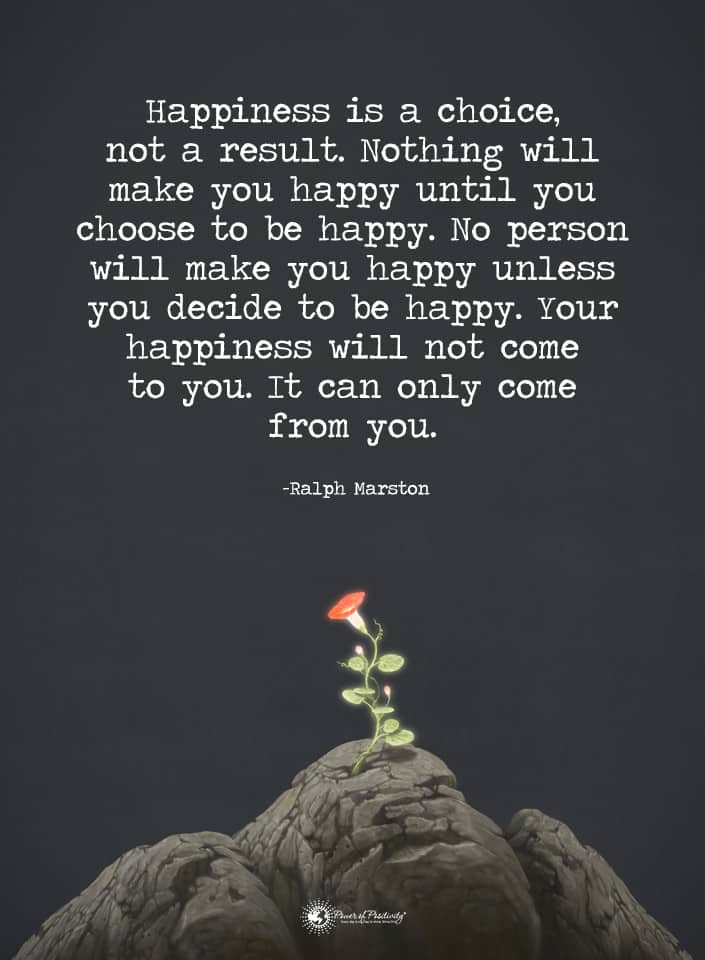 Final Thoughts On Some Situations You Should Never Say Yes To
Final Thoughts On Some Situations You Should Never Say Yes To
Being happy can be difficult. The journey to happiness is often fraught with other more negative emotions. But by choosing the situations you allow yourself to be a part of, you can move more quickly along the rocky road that leads to that happiness.


